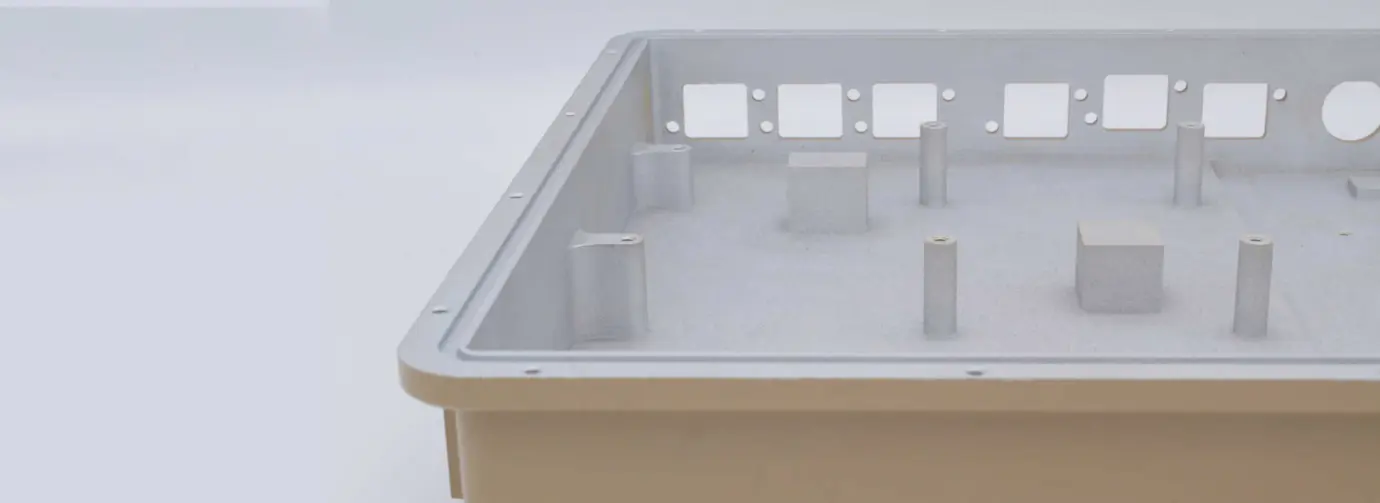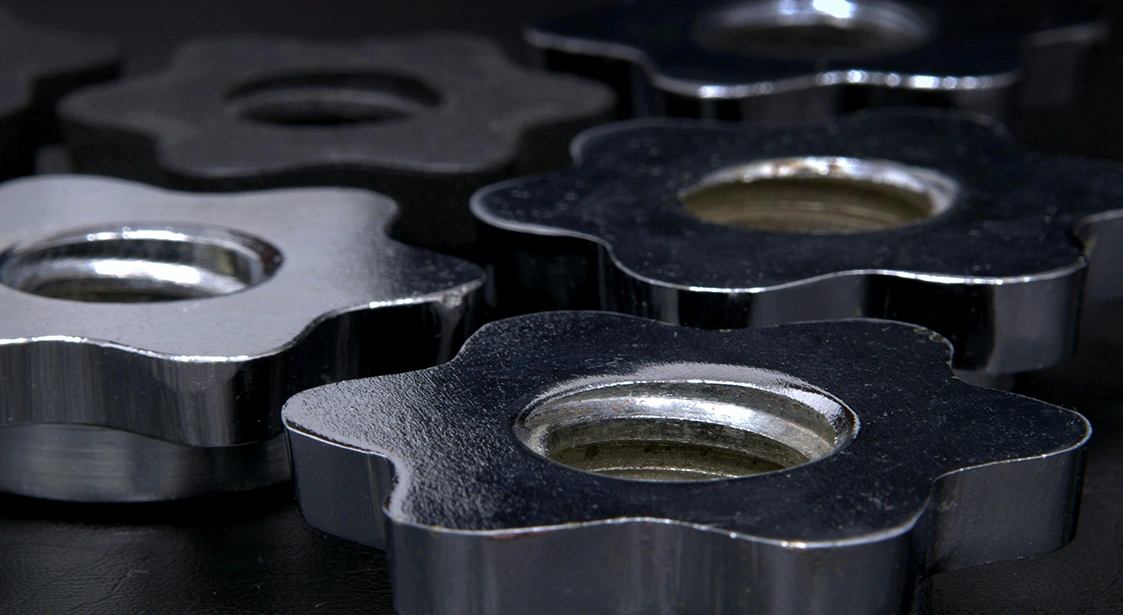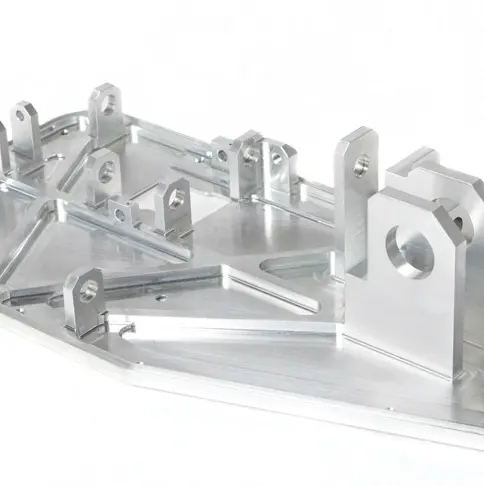What is an enclosure?
To ensure we are on the same page, an enclosure, sometimes called a housing is a protective container, most often used to shield and contain equipment such as electrical wires or circuit boards.
Enclosures are widely used across various industries including medical and healthcare, aerospace, satellite, military, scientific, instrumentation, communications, oil and gas, and marine. Each of these industries will dictate different requirements for an enclosure design.
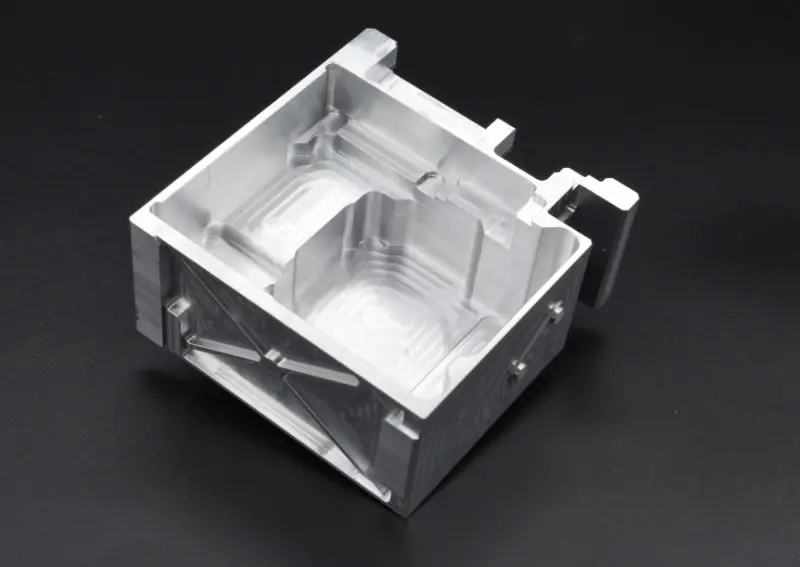
Ready-made or custom-designed enclosure?
There are occasions when an off-the-shelf enclosure is suitable for an application. However, if you are an OEM, chances are you want to design your own enclosure that perfectly houses and protects equipment within your wider assembly. Unless your enclosure requirements are very basic, modifications would need to be made to an off-the-shelf enclosure anyway. Manufacturing a custom enclosure can often be more cost-effective than doing this.
Want to talk to a real person about your project? Get in touch with Penta
Types of enclosure
As you have probably guessed by now, there are many different types of enclosures, from free-standing to wall-mounted.
Enclosures can come in many different shapes and sizes although the majority have a box-like shape. Some enclosures have a hinged solid lid door which can be useful for security. Others have a removable lid. Different sealing methods will be used according to whether it needs to be waterproof, watertight or dustproof.

IP ratings, also known as Ingress Protection Marking System is an international system for grading the protection against foreign bodies of electronic housings (i.e. keeping liquids or dust/debris) out of enclosures.
You can find out more information about IP ratings in our article How to design a waterproof enclosure for machining.
Enclosures across industries

Enclosures are a widely used cross-industry component type. From electronics and computing to marine environments, medical and healthcare, aerospace, military and defence and everything in between.
Make sure you are aware of any industry-specific requirements in terms of safety, compliance or legislation.
Need machining design advice for your enclosure? Get in touch with Penta
How to manufacture enclosures
There are several options open to you for getting your enclosure manufactured. For a full rundown on manufacturing methods, see our article Which manufacturing method is best for enclosures. Otherwise, see a summary below.
CNC machining
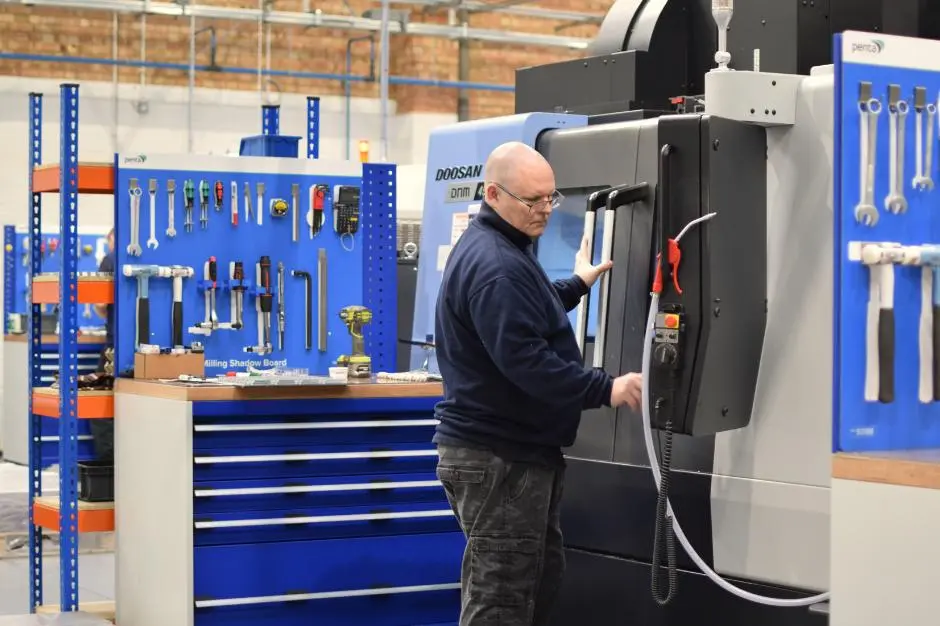
CNC machining is a subtractive manufacturing method where material is removed using cutting tools in a CNC milling machine.
There are numerous benefits to CNC machining enclosures, not least the accuracy with which final parts can be produced. Add to this the cost-effectiveness, particularly for small to medium batches and CNC machining is a popular choice.
Other benefits of CNC machining include:
- Time efficiency – a fast set-up time compared to other manufacturing methods
- Easily repeatable
- Impressive quality
- Available to a wide range of materials including aluminium, stainless steel and engineering plastics.
If you're completely new to CNC machining, our CNC machining guide is a great place to start; taking you through how it works, the process, the difference between CNC milling and CNC turning, how to design parts for CNC machining and more.
Injection moulding
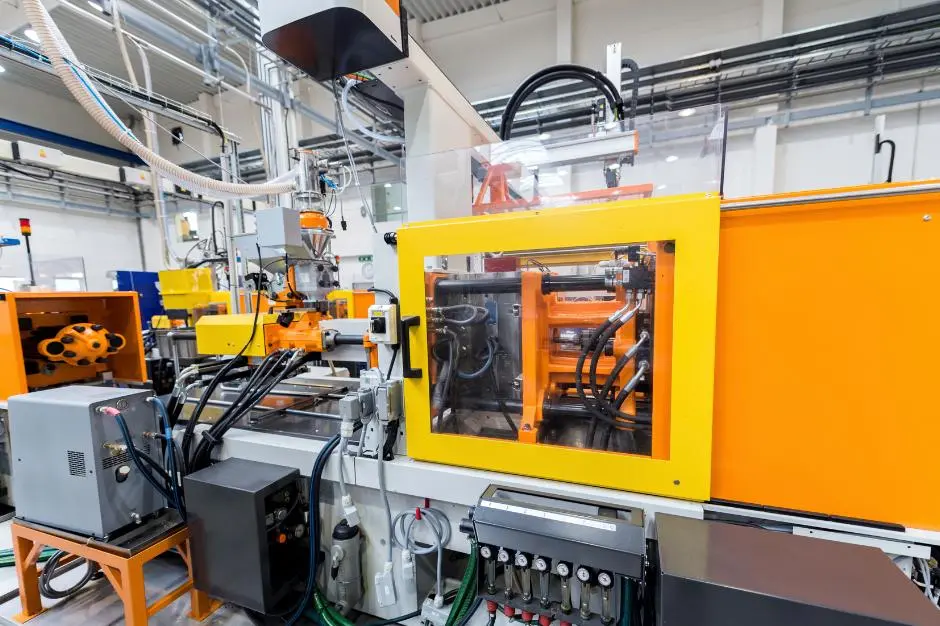
Injection moulding is a type of additive manufacturing technique in which a liquid material is physically injected into a mould, subsequently undergoing solidification to yield the final product.
It can be highly cost-effective but only when a medium to high volume of custom enclosures are being manufactured. This is because of the setup time involved – a prototype needs to be CNC machined first in order to create the mould.
Benefits include:
- Little wastage
- Consistency
It’s worth noting that injection moulding is traditionally carried out using plastics only. Whilst metal injection moulding has come a long way, it’s a complex and expensive process that rules it out for most OEMs.
3D printing
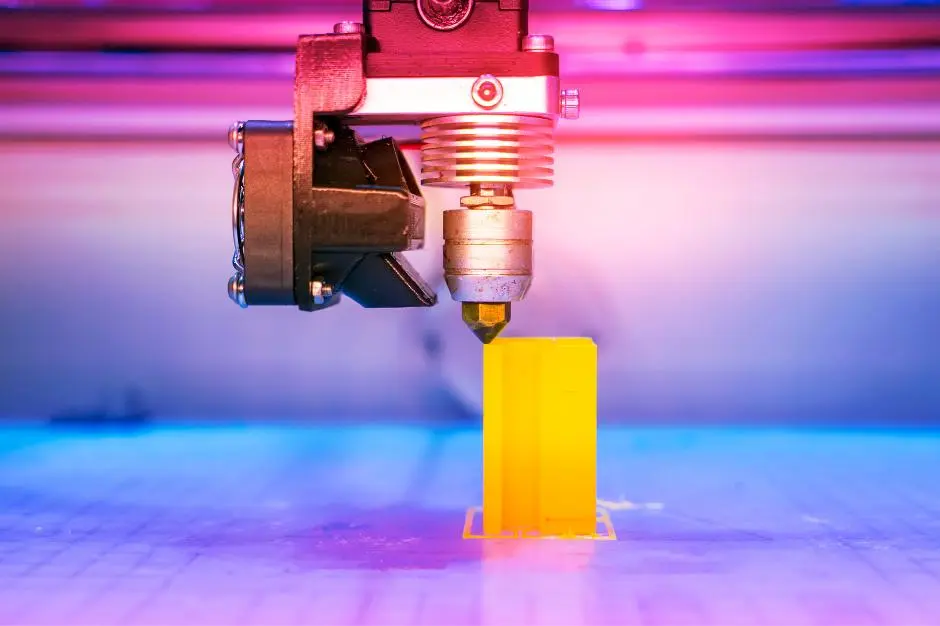
Another additive manufacturing process, 3D printing uses specialist machinery to build up the enclosure layer by layer.
3D printing is more suitable for smaller quantities of enclosures as it is not economically viable at scale. It’s, therefore, most often used for prototypes and then moved over to CNC machining or injection moulding depending on the scale of production required.
As with injection moulding, 3D printing is open to a much smaller range of materials than CNC machining, typically plastics.
Advantages of 3D printing include:
- Complexity of design – intricate geometries in an enclosure design can be easily observed using 3D printing
- Range of connection options including snap-fits, push-fits, interlocking joints, threaded fasteners and living hinges
- It’s a relatively fast process once a design is proven.
Sheet metal fabrication
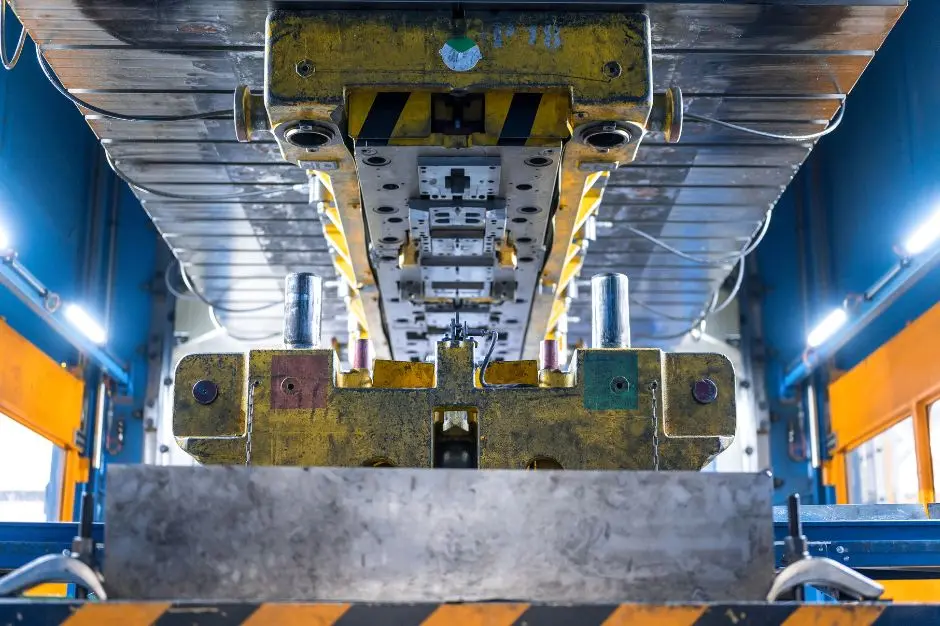
This is a manufacturing procedure that involves shaping flat sheets of materials like aluminium, stainless steel, and occasionally, mild steel into the desired configuration.
It’s most commonly used for computer enclosures.
Benefits of sheet metal fabrication include:
- Relatively easy to achieve a professional finish, especially using powder coating
- Lightweight – particularly aluminium fabricated enclosures
- Cost-effective from small to large batches
- Low cost of materials when stock sheet metals are used – choose from aluminium, stainless steel and steel.
Selecting a manufacturing process for custom enclosures
Selecting the right manufacturing method for enclosures depends on factors like application, desired properties, production quantity, and budget.
CNC machining offers material versatility, precision, and cost-effectiveness for small to medium runs. Injection moulding suits high-volume production but is limited in material options and costly for metals.
3D printing is great for prototypes and complex designs, while sheet metal fabrication provides affordability and a professional finish, best for simpler enclosures.
Understanding each method's strengths and limitations is essential. When deciding, consider factors like material properties, batch size, design complexity, need for design advice, project timelines, customer-facing aspects, and finish requirements.
Materials used for enclosures
There are a fairly wide range of materials that are suitable for enclosures. In this section, we'll take you through the factors to consider in material selection and some of the materials we recommend for CNC machined enclosures.
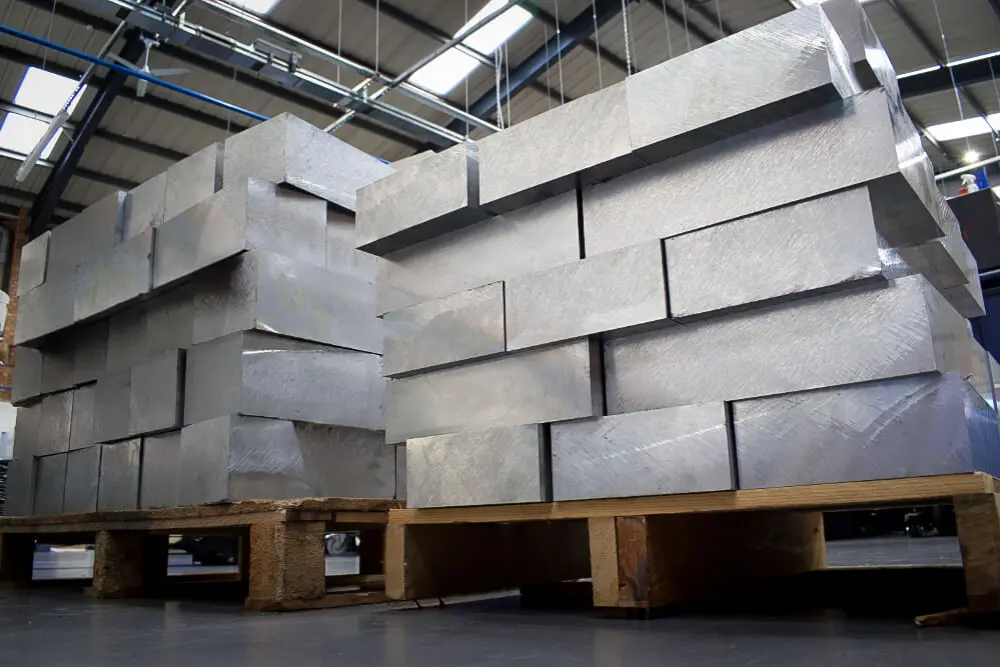
Factors to consider when selecting materials
Manufacturing method
As we’ve already covered, some manufacturing methods lend themselves to particular materials.
As a CNC machining company, we are used to manufacturing enclosures from quite a wide range of materials including aluminium, stainless steel, engineering plastics and copper.
However, if for whatever reason you have chosen to 3D print, your choices would be more limited.
Application
When selecting a material, it’s best to first start with the purpose of your enclosure and where it’s going to be cited. Thinking about this, you can then identify what properties you require and then narrow down materials from there.
Don’t underestimate the expertise of a good manufacturer who can help guide you through the material selection process.
Cost and availability
Of course you need your enclosure material to do what it needs to do but you’re probably going to need to balance this with the cost and availability of the material. Sometimes a ‘good enough’ cheaper material is the right choice (and sometimes it isn’t).
Matters of manufacturability
Different materials manufacture differently. Some are a dream and some can throw up problems. Problematic materials can slow down production, impact quality and have the potential to increase costs – just another factor in the mix.
Materials for CNC machined enclosures
As we’re CNC machinists, we’re experts in which materials are best for CNC machining enclosures.
Aluminium is the most common material used for enclosures. It offers good value for money, a great strength to weight ratio and is highly machinable.
Stainless steel is particularly suitable for waterproof enclosures as certain grades are highly corrosion resistant. It is heavier and more expensive than aluminium however.
Although slightly less common, copper is sometimes chosen for its excellent corrosion resistance, impact strength and thermal conductivity. However, its challenge to machine and comparable price can rule it out for many.
Engineering plastics can be a good choice for electrical enclosures as it is good as an electrical insulator. Most plastics can be notoriously difficult to machine though so you need to use an experienced machinist. Two plastics we recommend and work with regularly are acetal and the brand name acetal homopolyer Delrin®.
The materials resources section of our website is an excellent starting point to launch your material research.
The following table gives a great top-line overview of aluminium, stainless steel and plastic for machined enclosures.
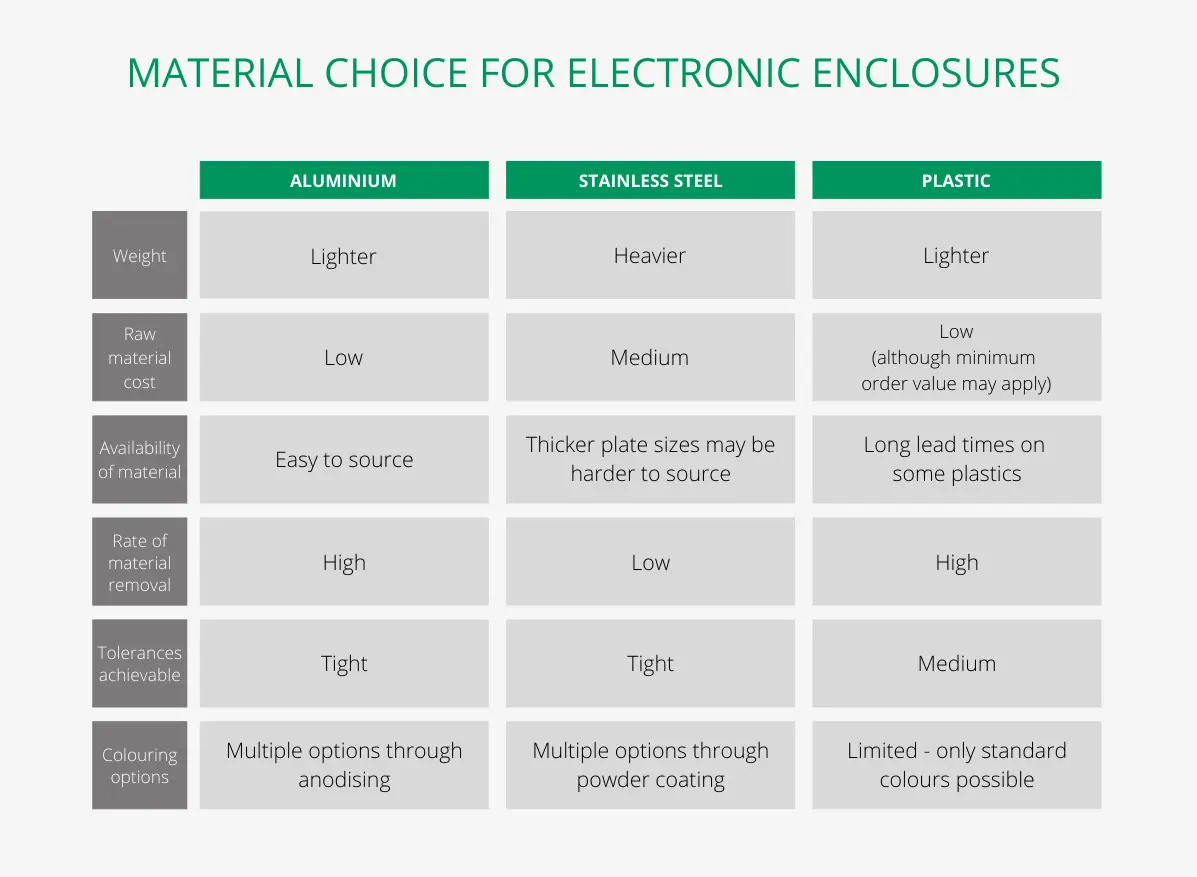
Need help with material selection for your enclosure? Our team can help! Get in touch today
Design considerations for machined enclosures
Factors that impact enclosure design
There are many factors to consider when designing your custom enclosure including the environment it will be used in, what it actually needs to house as well as the size and weight of that equipment, the required level of protection, and whether any ventilation or cooling is required.
Tolerancing
Ensure you consider tolerances in the early stage of your enclosure design rather than as an afterthought. Being pro-active will help keep your costs down.
If you are unsure, a good CNC machining company will be able to help you. If you don’t have a specific tolerance in mind, you can use a good general tolerance. For example, here at Penta, our default tolerances are DIN-ISO-2768-mk.
Top tip: only apply tight tolerances where necessary. A tighter tolerance will add cost so use more open tolerances where it’s appropriate to do so.
Our blog Why tolerance matters: the why and how of specifying tolerances for CNC machining is a great place for getting started with tolerancing.
Surface finish
Consider which faces of your component will be customer-facing and which will never see the light of day. It can be a costly mistake to apply a high-spec finish unnecessarily.
For reference, a standard ‘good machined finish’ is considered to be Ra1.6µm but an appropriate finish for unseen faces could be Ra3.2µm or greater.
Complexity of design
There are a number of machining efficiencies that can be gained from simplifying your design where possible. Consider corner radii, the size and depth of tapped holes, and the location of PCB upstands.
You can get more tips for simplifying your enclosure design (and therefore keeping costs in check) in our blog Electronic Enclosure Design for Machining.
Selecting a manufacturing partner for enclosures
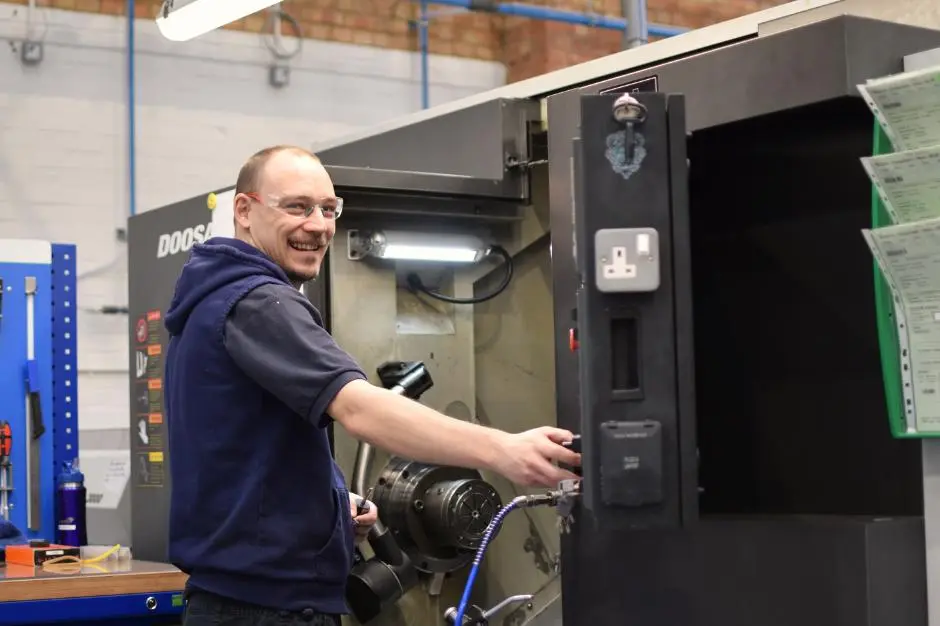
Choosing the right manufacturer or CNC machining company to bring your enclosure design to fruition can feel like a big job. You’ll be placing a lot of trust in them to deliver your enclosure on time, on budget and to drawing.
The checklist below is a great starting point for assessing the suitability of prospective manufacturing partners.
Enclosure CNC machining supplier checklist
- Price – remember cheap isn’t necessarily best. If someone tells you they can machine your part quickly and to an excellent standard…oh and they’re dirt cheap too, back away. Dig a little deeper into what you’re getting for your money.
- Established processes – consistent quality doesn’t just happen by chance. Companies that are delivering time and again usually have strong internal processes and procedures in place.
- Certifications – ISO 9001 is an essential certification no matter what industry you’re working in. There are more industry-specific certifications although these aren’t always essential if the company is meeting strict criteria in other industries.
- One-stop shop – although a one stop shop isn’t essential, having one supplier to handle the whole process - from sourcing materials to machining, applying finishing processes, inspection and if applicable, assembly – can reduce your workload, save time and give great value for money.
- Communication – how a supplier communicates with you in the enquiry and quoting stages might go some way to indicating how they might communicate with you once you’ve placed your order. Ignored emails or unreturned messages are a red flag.
- Quoting process – dig into how the company produces their quotes. Is it a finger in the air ‘guestimate’ at best? Or do they properly calculate the routings, price up the materials and give you as accurate a price as they can? Not only does the answer to this question speak volumes about the company, it also helps you to compare quotes like for like rather than comparing an accurate quote to a guess.
- Who will be your contact? Will you have one point of contact, or will different people be contacting you? Having a dedicated account manager can be reassuring.
Closing insights
Navigating the intricate journey from designing a custom enclosure to its final manufacture involves a series of crucial decisions and considerations. From carefully choosing the most suitable manufacturing method to material selection and design elements can significantly impact the functionality, cost-effectiveness, and overall success of your project.
As a CNC machining company, we understand the importance of precision, versatility, and cost-effectiveness in the manufacturing process. CNC machining stands out as an excellent choice for small to medium production runs of enclosures, offering not only accuracy and time efficiency but also the ability to work with a variety of materials, including aluminium, stainless steel, and engineering plastics.
Materials play a crucial role in the success of your enclosure, and careful consideration based on factors such as manufacturing method, application, cost, and availability is essential.
The design process is equally critical, with factors like tolerancing, surface finish, and complexity influencing both cost and functionality. Collaboration with a skilled CNC machining company can provide valuable insights and ensure a streamlined design that meets your specific requirements.
Finally, selecting the right manufacturing partner is a pivotal step. From offering design advice, evaluating pricing and established processes to certifications, communication, and the quoting process, a reliable partner can make a substantial difference in the success of your project.
Whether you choose us or another trusted CNC machining supplier, remember that the right partner should not only meet your technical specifications but also offer transparency, clear communication, and a commitment to quality.
Embarking on the journey of custom enclosure design and manufacture requires a comprehensive understanding of all these elements, and we hope this article has provided valuable insights to guide you in making informed decisions for your next project. Happy designing and manufacturing!
Partner with Penta
Ready to bring your custom enclosure vision to life? Our team is here to turn your design into reality. Here at Penta we deliver an exemplary service in line with our unique ‘3Cs’: we communicate well, we take care at every stage, and our service is consistent.
Speak to one of our seasoned engineers today on 023 9266 8334, email <sales-email> or complete the form below to get your quote.

